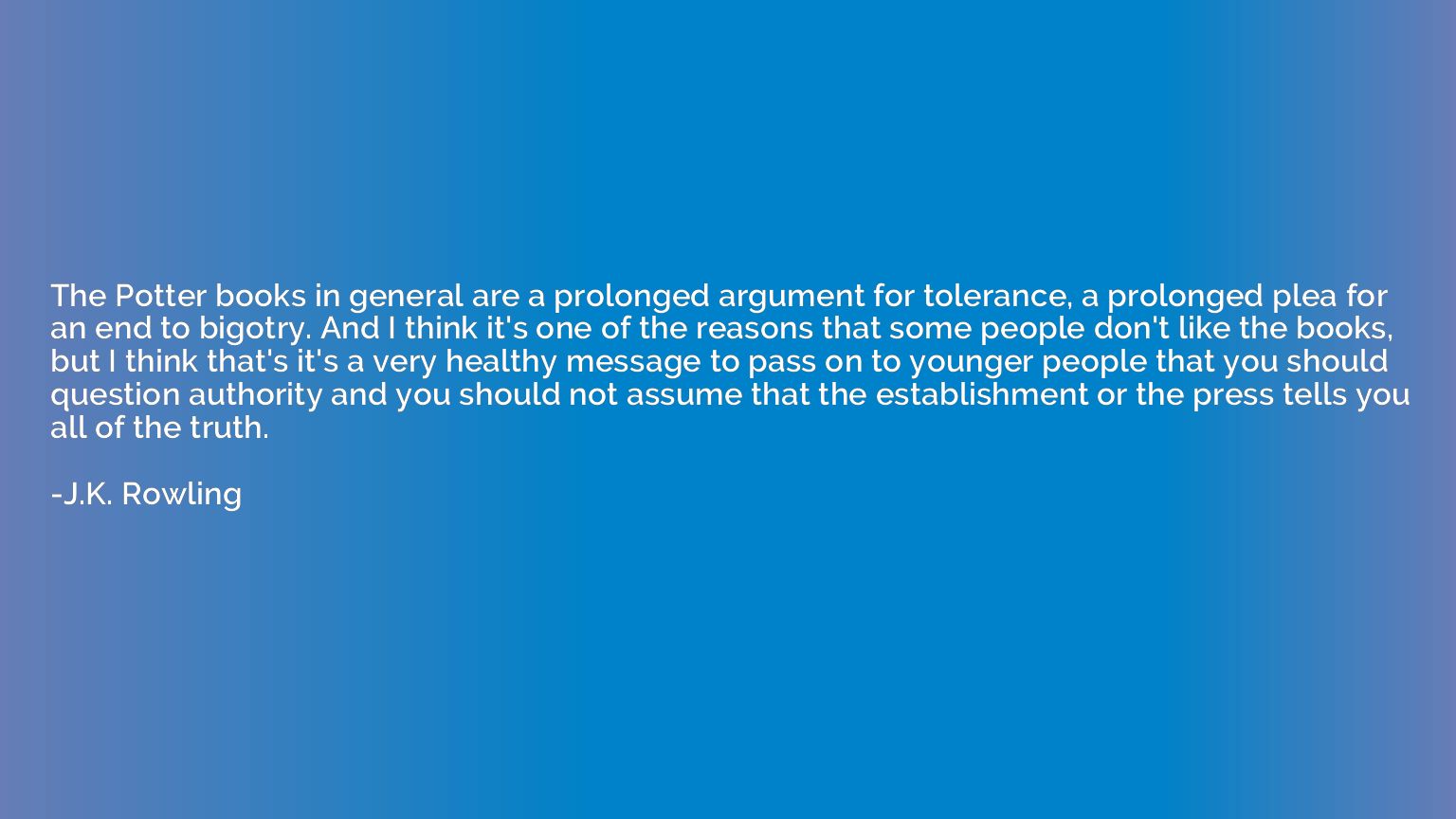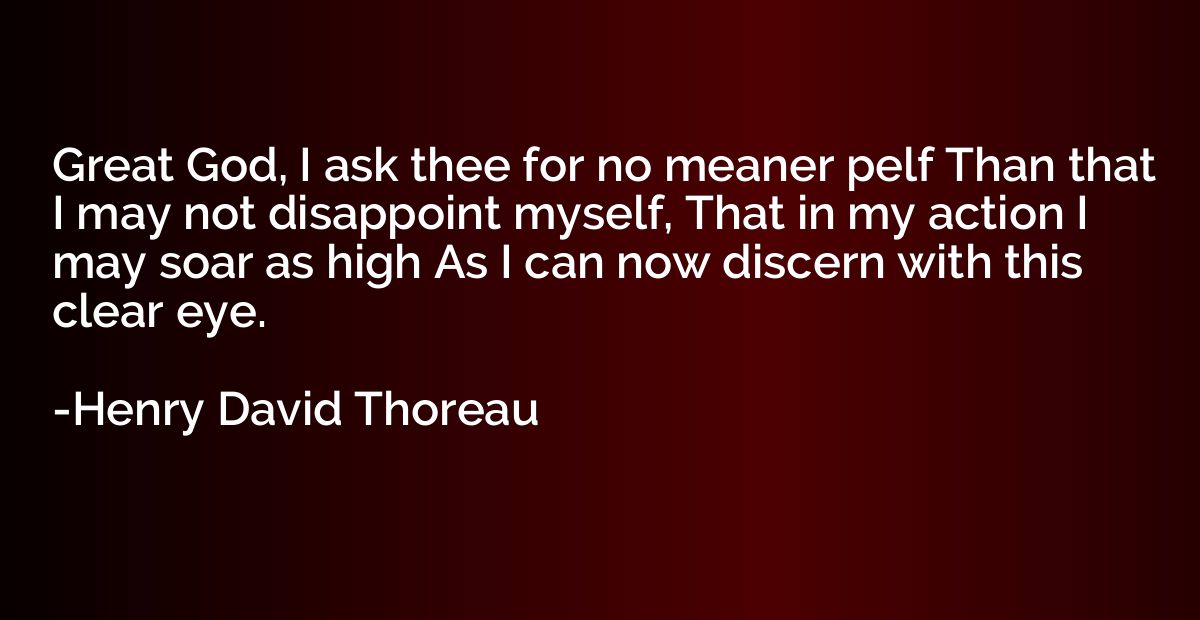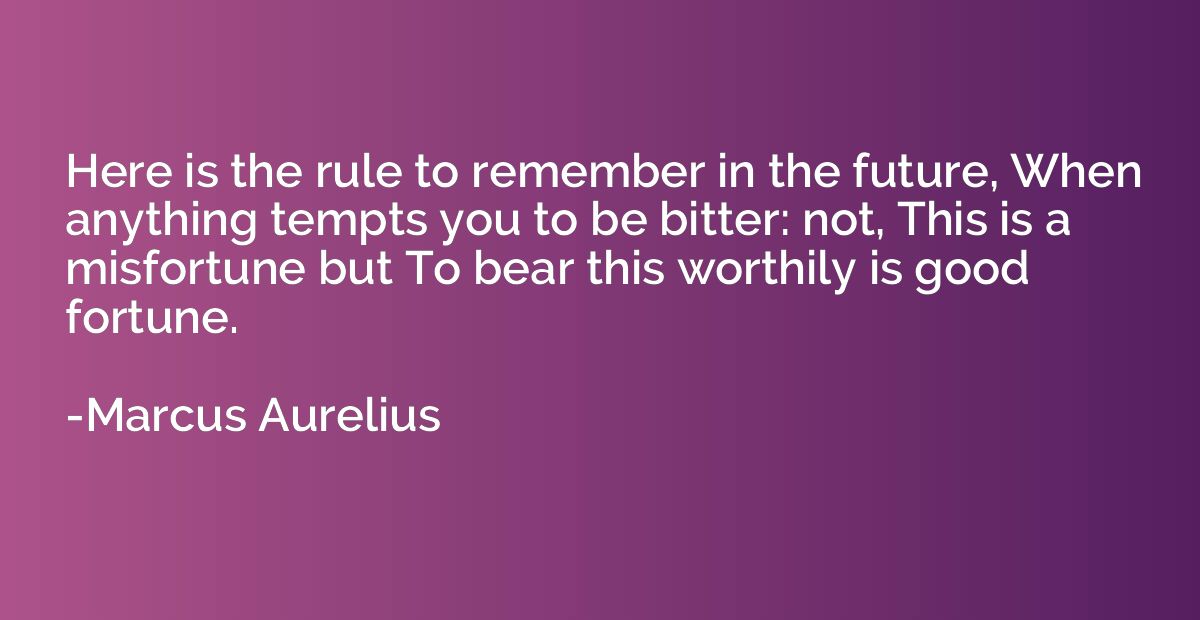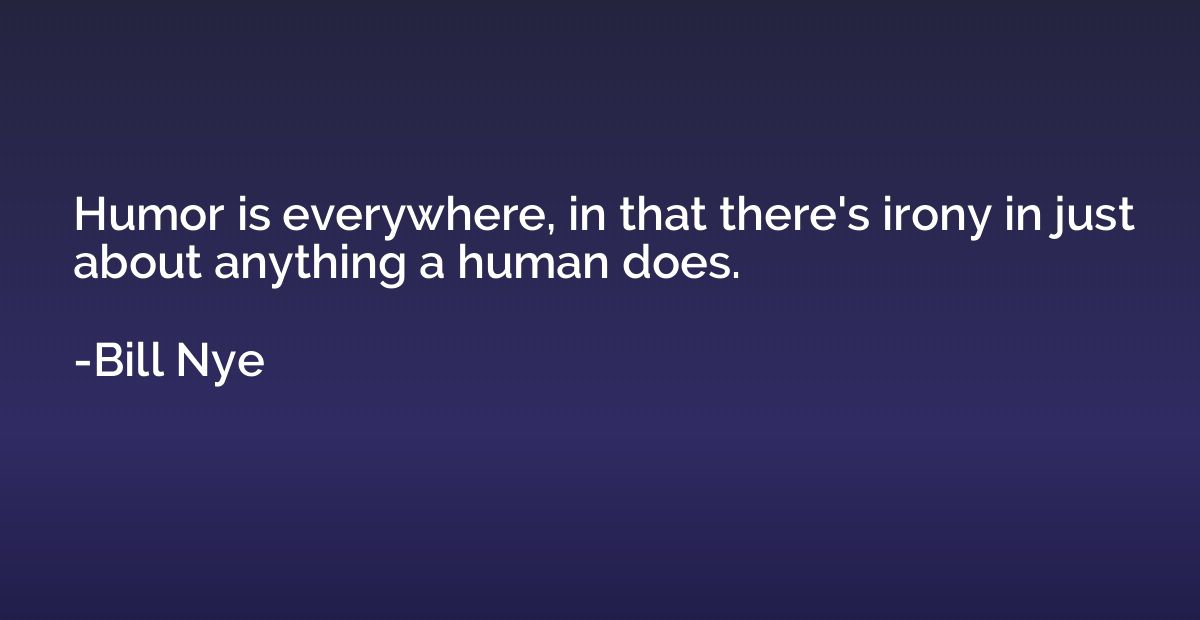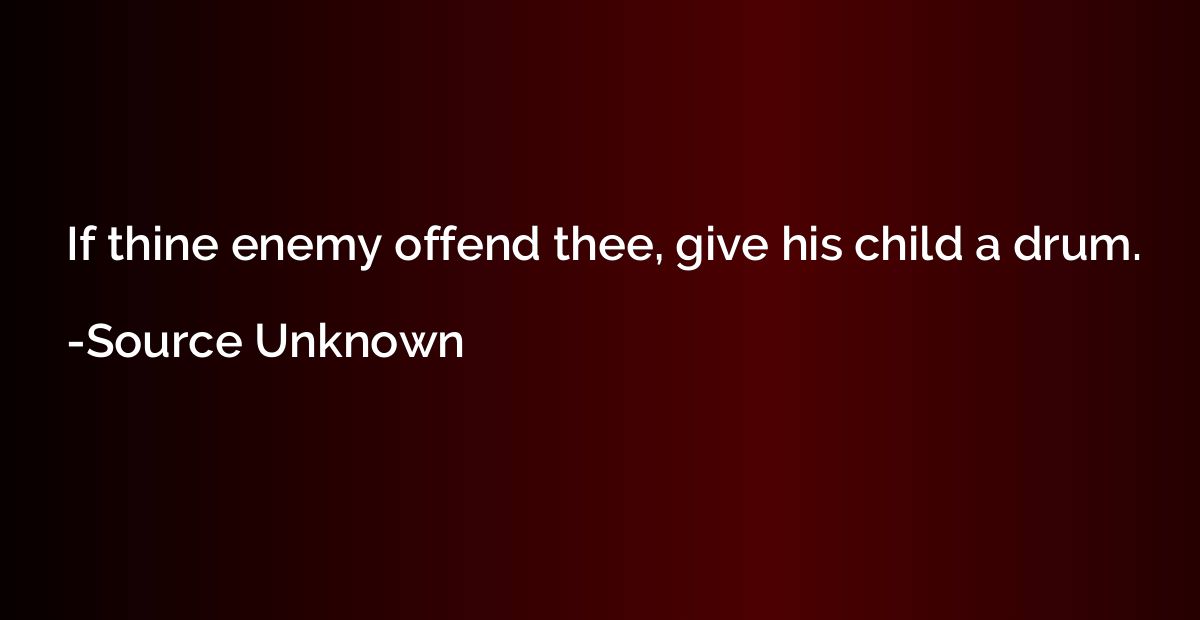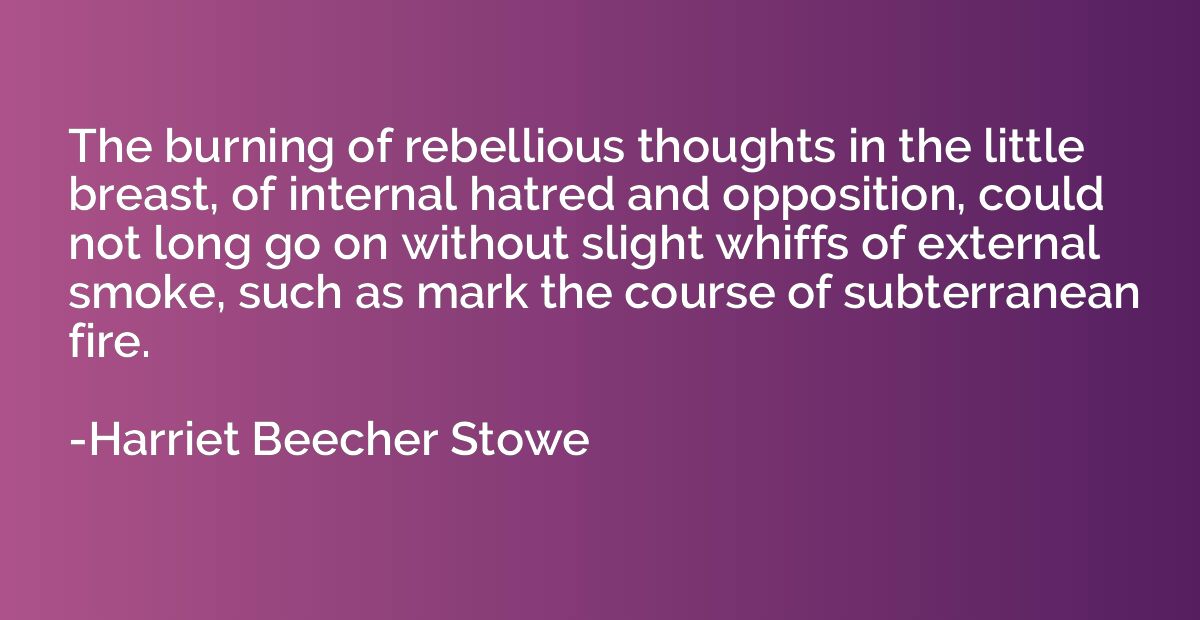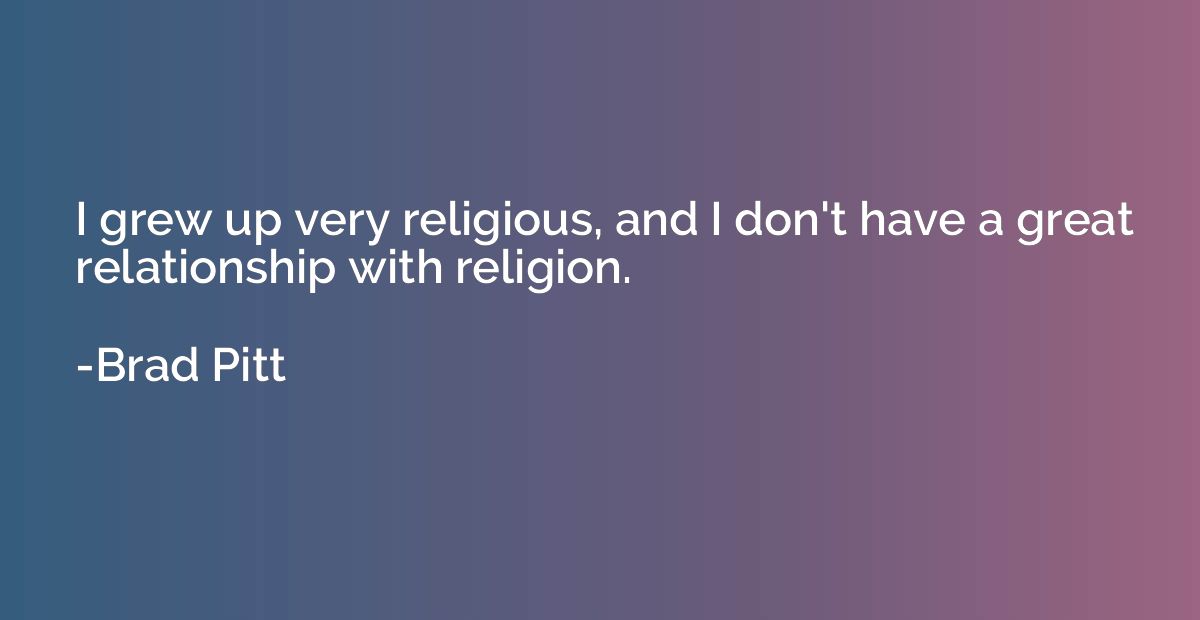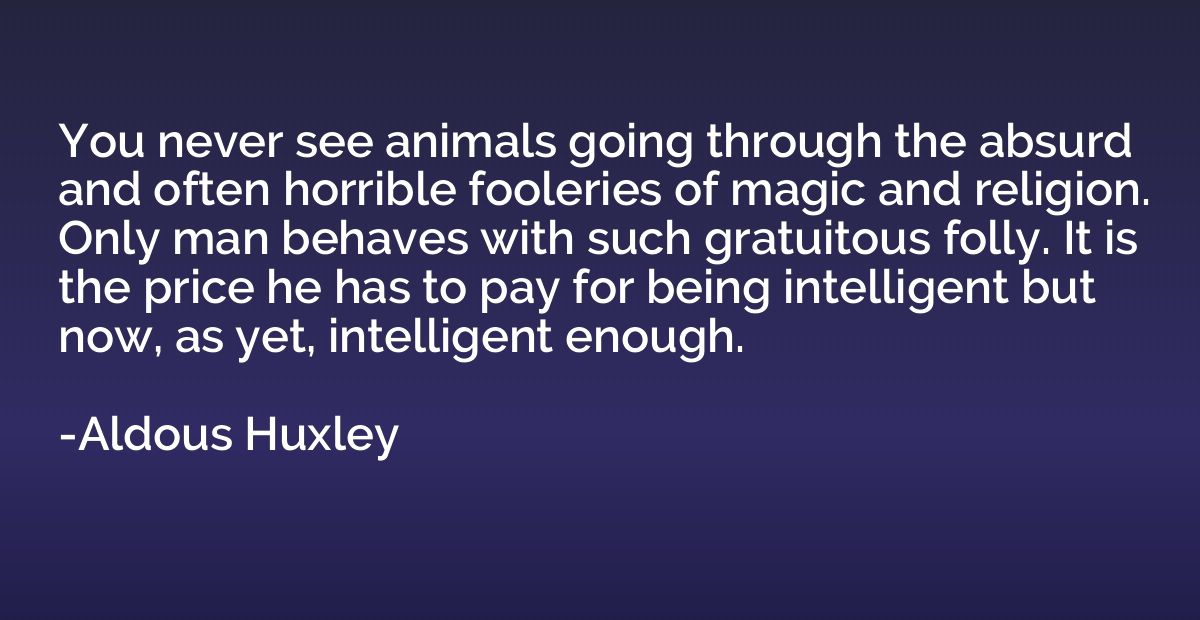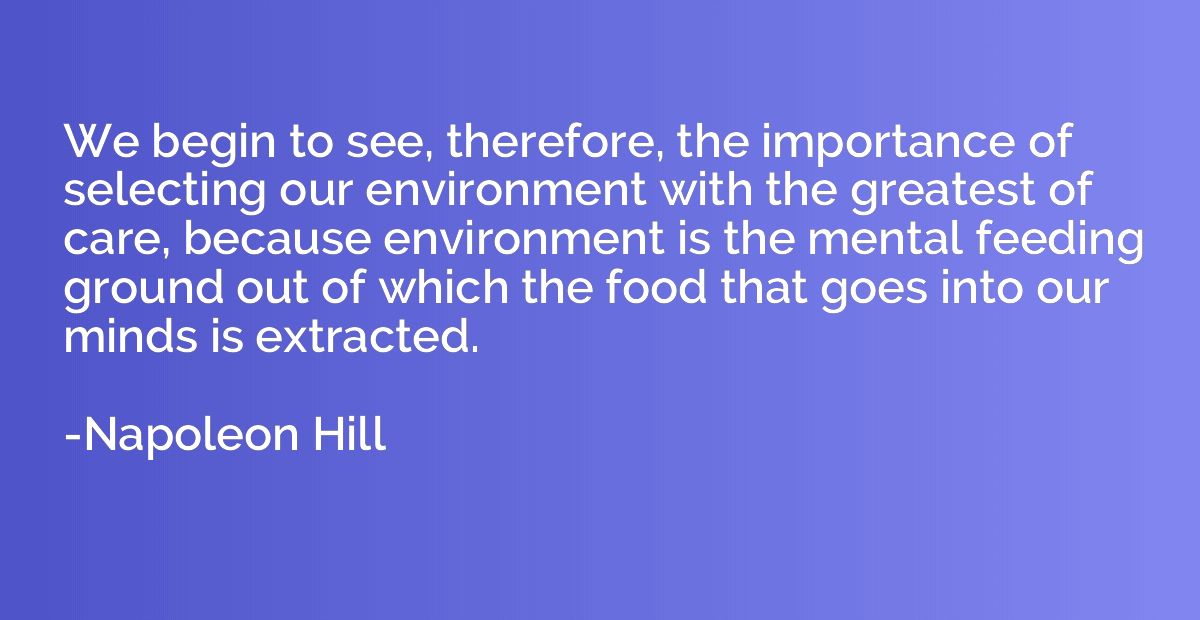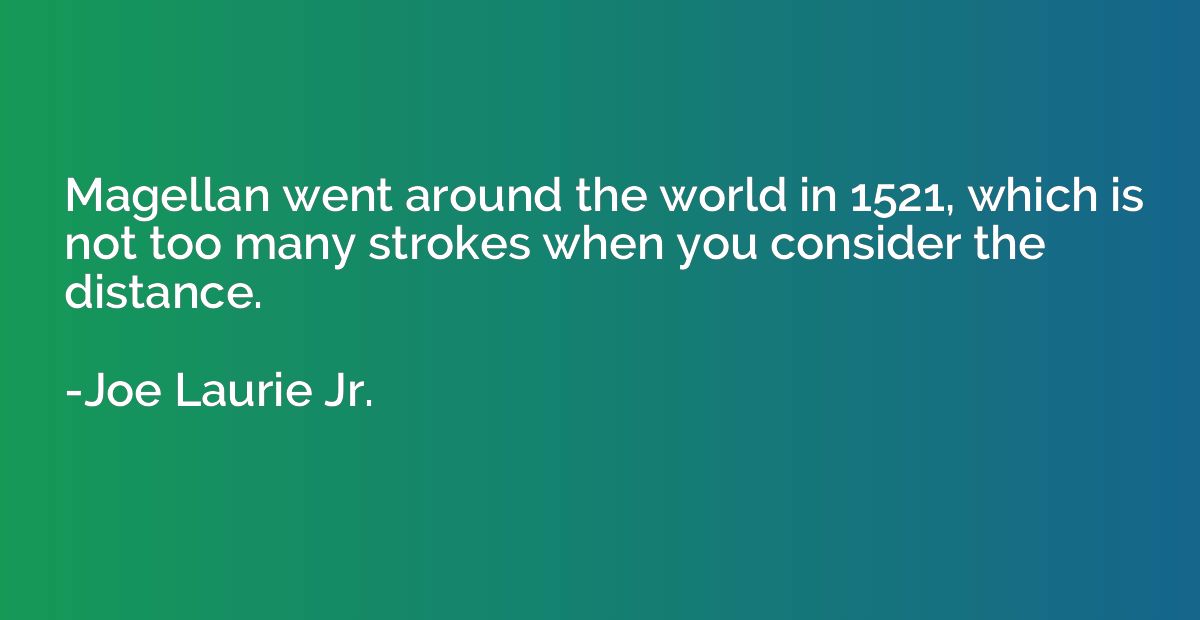Quote by Hermann Goering
Why of course the people don't want war. Why should some poor slob on a farm want to risk his life in a war when the best he can get out of it is to come back to his farm in one piece? Naturally the common people don't want war: neither in Russia, nor in England, nor for that matter in Germany. That is understood. But, after all, it is the leaders of the country who determine the policy and it is always a simple matter to drag the people along, whether it is a democracy, or a fascist dictatorship, or a parliament, or a communist dictatorship. Voice or no voice, the people can always be brought to the bidding of the leaders. That is easy. All you have to do is tell them they are being attacked, and denounce the peacemakers for lack of patriotism and exposing the country to danger. It works the same in any country.
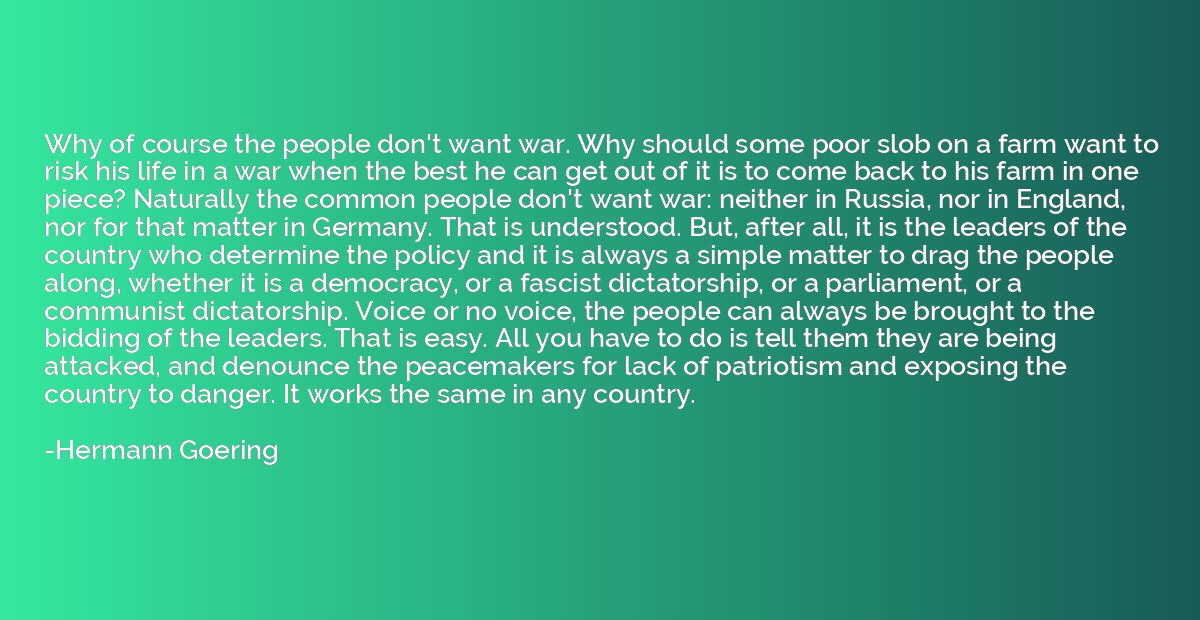
Summary
This quote highlights the disconnect between the desires of the common people and the decisions made by their leaders regarding war. It suggests that the average person does not want to risk their life in a war, as their best outcome is merely surviving and returning to their normal life. The quote emphasizes that it is the leaders who shape a country's policies and can easily manipulate the people's sentiment, regardless of the political system in place. By employing fear and questioning the loyalty of those advocating for peace, leaders can rally public support for war. This process, according to the quote, is universal and applies to any country.



